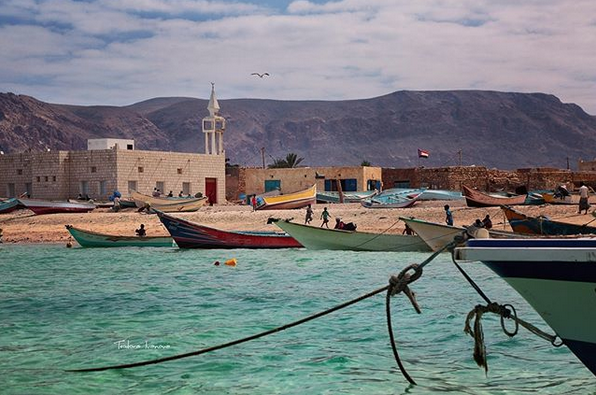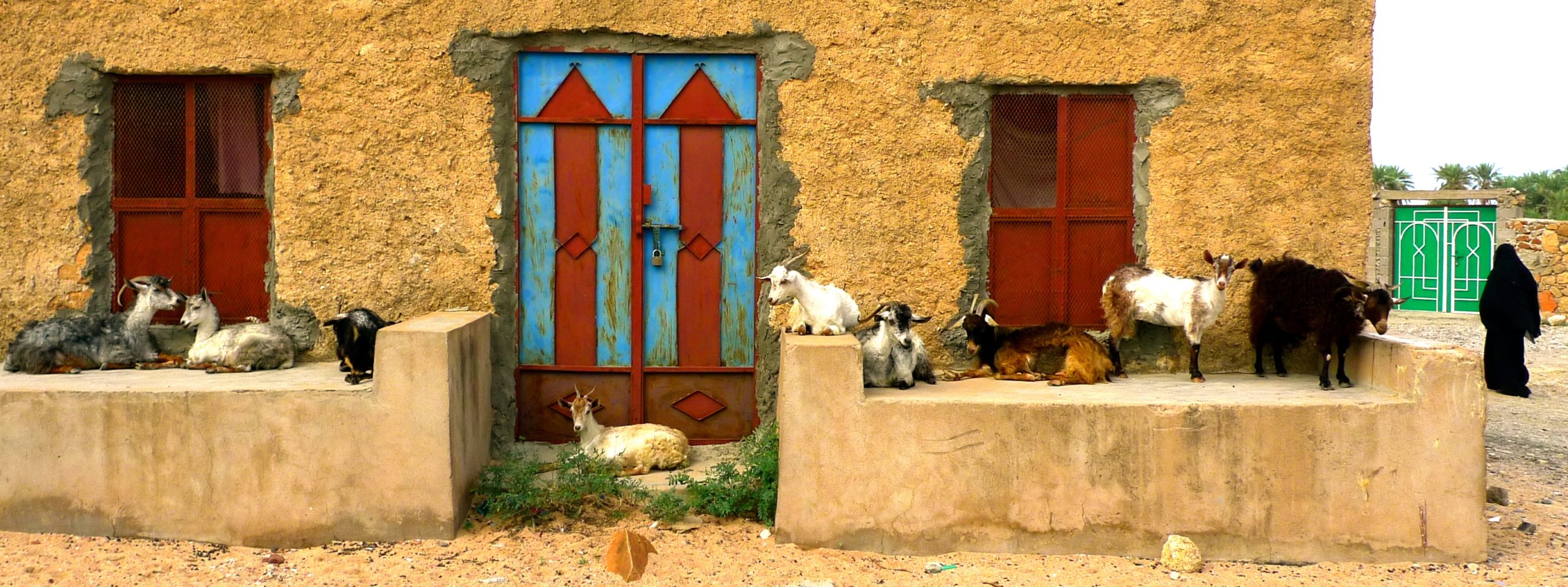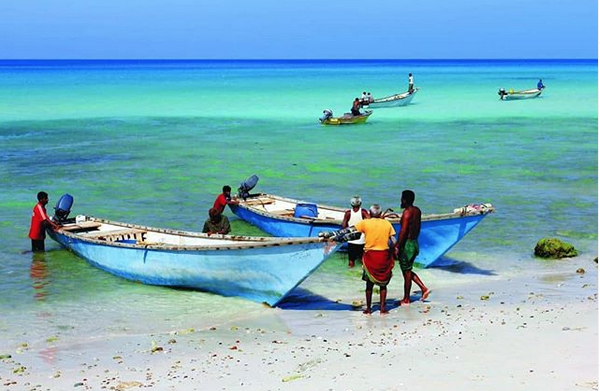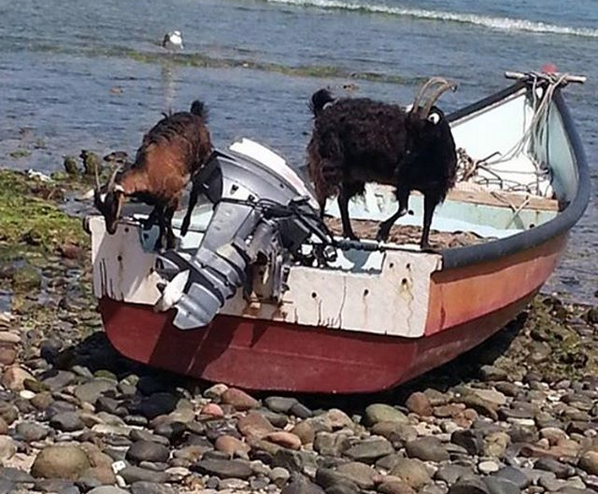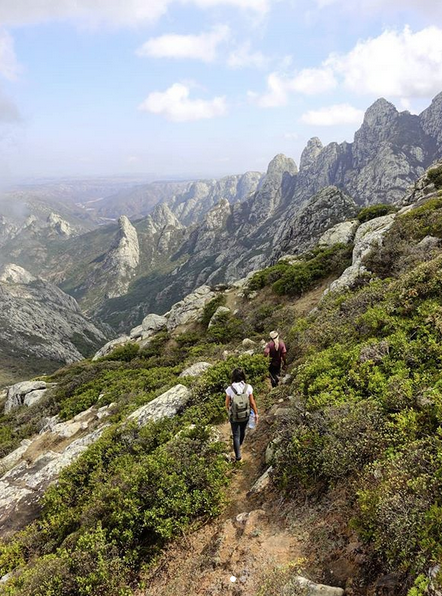Imagine an island in Eurasia. A place with no church, no believers and no written language. It’s a place that the Fini* people call home. A land of shepherds and fishermen.
It’s also a place a couple called Steve* and Nikki* knew that God was calling them to. Before they left, there were significant challenges. They discovered that their main supporting church in the UK was having major problems. Also, Nikki’s mum was having serious health issues and a local believer who knew them had been arrested by the security police. All of this happening in the two weeks before Steve first went to visit the Fini people. The spiritual opposition was intense, proving just how valuable their work would be.


